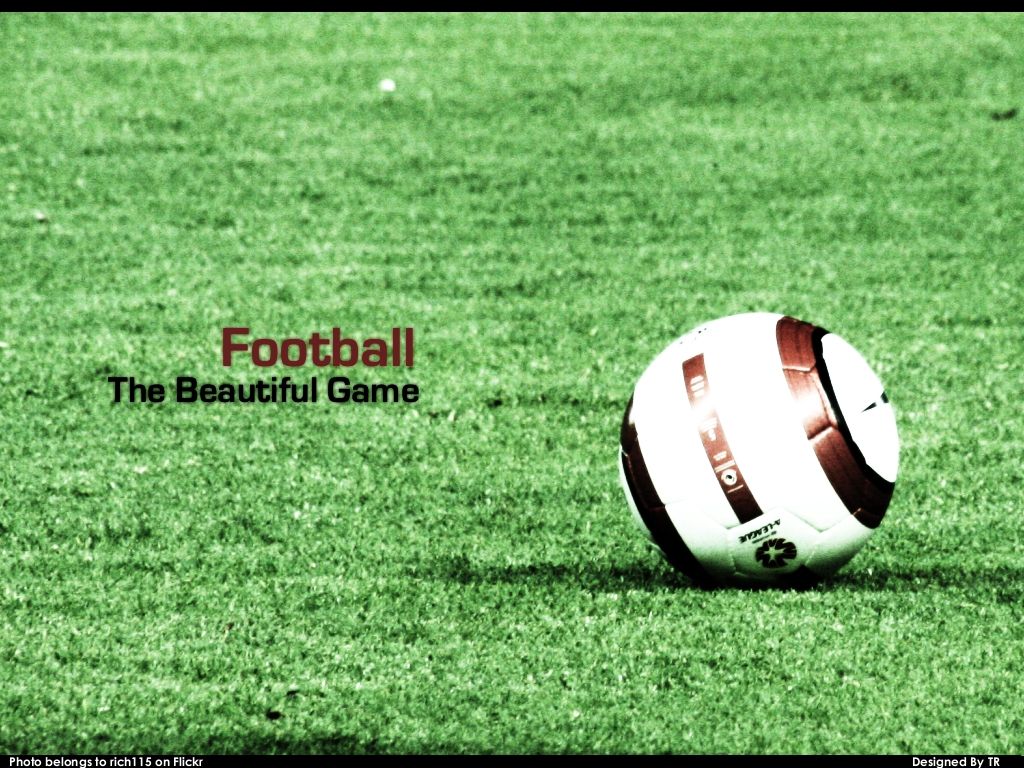The modern era of professional football often feels like an ever-accelerating conveyor belt. Week in, week out, players are expected to perform at peak physical and mental levels, shuttling between domestic leagues, cup competitions, European tournaments, and international duties. But at what point does this relentless schedule cease to be a test of endurance and become a detriment to the very essence of the game? Legendary striker Thierry Henry, a man intimately familiar with the demands of top-tier football, believes that breaking point has long been reached, and he’s not mincing words about who needs to address it.
During a recent UEFA Champions League pre-match show, Henry laid bare the stark realities of contemporary football’s schedule. He recalled arriving at major tournaments like the 2002 World Cup and the Euros of 2004 and 2008 “dead – mentally, physically,” often injured and unable to prepare adequately. And this was during an era when the fixture list, while demanding, was significantly less bloated than today’s. Current stars, Henry argues, face an even more arduous gauntlet, with some players clocking 60 to 70 games in a single season. It`s a staggering figure that begs the question: how much can one body, or mind, reasonably endure?
Henry’s frustration is palpable, not just for the players but also for the fans. “As a fan, I’m tired,” he admitted, confessing he barely watched the recent Club World Cup. This sentiment resonates with many who feel an oversaturation of football, where quantity seems to be prioritized over quality or even basic enjoyment. The sheer volume of matches not only impacts player performance and injury risk but also dilutes the specialness of major tournaments, turning them into just another stop on the endless carousel.
The crux of Henry’s message, powerfully echoed by fellow analyst Jamie Carragher, is that FIFA and UEFA, the sport’s primary governing bodies, must initiate a “proper educational discussion” – not with former players like himself, but with the current generation of stars. “Don’t call me, UEFA. Do not call me, FIFA. I’m not playing anymore,” Henry declared, emphasizing that only those actively experiencing the grind can truly articulate its toll. Players like Virgil van Dijk and Mohamed Salah, who are currently navigating this exhausting landscape, are the ones whose voices hold the weight of immediate experience. They are, after all, the “actors right now.”
Carragher concurred, pointing out the absurdity of governing bodies continually contemplating more games. CONMEBOL’s pitch for a 64-team World Cup in 2030, or the persistent whispers of biennial World Cups and expanded Club World Cups, highlight a troubling trend. These new or expanded competitions – the UEFA Nations League and the revamped Club World Cup being prime examples – were not born from widespread public or player demand. Instead, they appear to be commercially driven ventures designed to generate more revenue. “Nobody is out there asking for those competitions. They’re just providing them to make more money,” Carragher observed, a refreshingly candid assessment of the underlying motivations.
This pursuit of additional revenue, while understandable from a business perspective, comes at a significant cost. Beyond player welfare, Henry highlighted the financial strain on the average fan. With an ever-expanding array of competitions, how deep must a supporter`s pockets be to follow their team across various leagues, cups, and continental clashes, let alone afford merchandise? The beautiful game risks becoming an exclusive, expensive indulgence rather than an accessible passion.
Ultimately, Henry believes the power for change lies squarely with the players themselves. “The only people that can change their destiny is the players themselves,” he asserted, urging them to be “strong and vocal.” Carragher went a step further, suggesting that a collective refusal to play by the world’s greatest talents might be the only leverage powerful enough to force the hands of football`s administrators. It’s a provocative thought, but it underscores the desperation felt by those who witness the relentless toll firsthand.
The conversation around fixture congestion isn`t just about complaining; it`s about safeguarding the future of football. It`s about preserving player health, maintaining the quality of the sport, and ensuring it remains an accessible and enjoyable spectacle for fans worldwide. The call from legends like Henry isn`t merely a plea for fewer games; it`s an urgent demand for a more sustainable, player-centric vision for the game before the beautiful game collapses under the weight of its own ambition.

